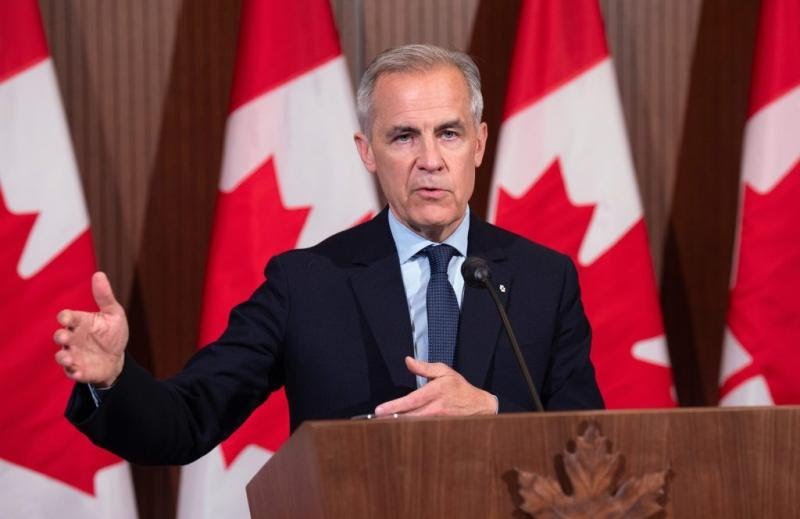As the G7 summit in the Canadian Rockies draws near, No words on Indian’s G7 Invite strike silence surrounds India’s potential invitation, raising questions about Prime Minister Narendra Modi’s diplomatic standing and the evolving dynamics of international relations. For Modi, facing domestic scrutiny over recent diplomatic handling of Pakistan, an appearance alongside world leaders would offer a much-needed political boost.
A year ago, amidst a high-stakes general election, Prime Minister Modi confidently anticipated his attendance at the G7 summit in Italy, assured of his return to power and a seat at the developed world’s high table. Despite the BJP falling short of a parliamentary majority, Modi swiftly flew to Italy post-swearing-in, signalling his diplomatic priorities. At the summit, he declared his victory a “victory of the entire democratic world.”
However, with just ten days until this year’s G7 gathering in Canada, there has been no public indication of an Indian invitation. Each year, the G7 host nation extends invitations to a select few external leaders, reflecting both the host’s strategic objectives and the group’s broader aim to engage rising powers in an increasingly multipolar global landscape.
Historically, India has been a consistent invitee. Former Prime Minister Manmohan Singh attended five summits when the group was known as G8. Prime Minister Modi himself debuted in 2019 during the French presidency and participated in four consecutive editions, including the virtual 2020 summit.
The current diplomatic chill between India and Canada significantly impacts the prospect of an invitation. Relations soured following Canadian Prime Minister Justin Trudeau’s public allegations last September that New Delhi was involved in the killing of Hardeep Singh Nijjar, a Canadian citizen designated a Khalistani terrorist by India. India vehemently rejected these claims, leading to downgraded diplomatic ties, with both countries operating without ambassadors and reduced embassy staff.
When Canada was initially announced as the 2025 summit host, it was widely assumed Trudeau would chair the event. At the time, expectations for an improvement in bilateral ties sufficient to warrant an Indian invitation were low. There was some hope that the urgency of diversifying economic partnerships, spurred by Trump’s import tariffs, might prompt both Canada and India to move past the Nijjar incident yet No words on India’s G7 invite.
However, Canada has clearly indicated that full reconciliation will be a gradual process. “We are certainly taking it one step at a time. As mentioned, the rule of law will never be compromised, and there is an ongoing investigation regarding the case that you mentioned,” stated Canada’s new Indian-origin foreign minister, Anita Anand, last month, emphasising the lingering complexities in the relationship.
The silence surrounding India’s G7 invitation speaks volumes about the complex currents in global diplomacy, especially the strained ties with Canada. For Prime Minister Modi, a G7 appearance isn’t just about optics; it’s a critical moment for India to assert its role on the world stage and for him to project strength amidst domestic political challenges. The absence of an invitation would underscore the lingering impact of recent diplomatic disputes, particularly the Nijjar killing allegations, on India’s international engagement. No Words on India’s G7 Invite leaves a clear message: the path to full diplomatic reconciliation is long, and the strategic implications for India’s global positioning are significant as the world watches whether this once-frequent attendee will be present at the upcoming summit.

